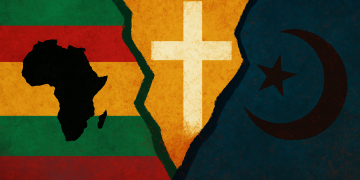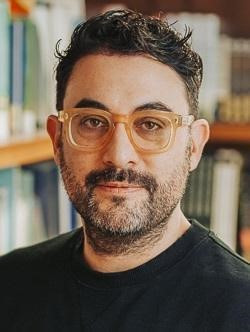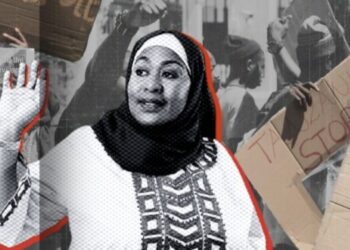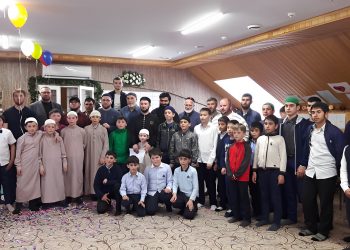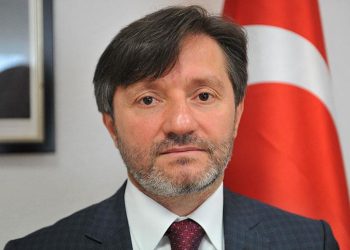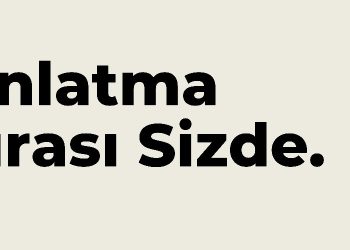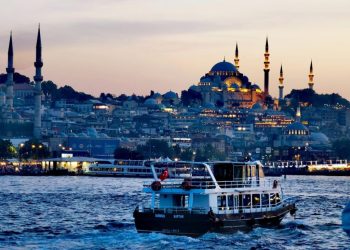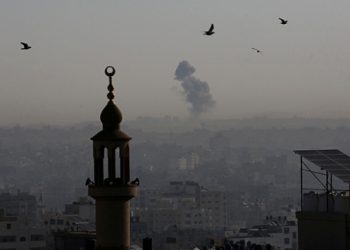How would you define the concept of academic freedom in the West, and why is this concept important for non-Western societies?
The concept of academic freedom, in principle, is meant to guarantee an academic’s ability to undertake research and teaching free from the political positions and sympathies of the institutions and states within which they work and live. Yet, in this time of overt fascist repression of speech on specific issues – such as about Palestine and Palestinian rights – we see that universities in the West are shying away from academic freedom by painting certain topics as “controversial.” Where states are heavily involved in suppressing academic freedom, universities are sometimes put in a double bind: trying to maintain some semblance of academic freedom and intellectual pluralism on one hand while complying with political and regulatory authorities on the other. Should non-Western society embrace academic freedom? Absolutely, especially when interpreted as enabling progressive and minority voices to engage in writing, teaching, and public debate in ways that enhance social justice, cultural pluralism, and political accountability.
Many Palestinian academics are engaged in academic studies around the world. What difficulties do you think Palestinian academics face in carrying out their academic work?
The genocide in Gaza and increased violence across occupied Palestine have put tremendous pressure on Palestinian academics. In Gaza, the education system has been destroyed. Every university and college has been deliberately targeted, with buildings destroyed or damaged, hundreds of faculty and staff murdered, and thousands of students murdered, injured, and disabled. Elsewhere in Palestine, faculty are delivering courses online as it is simply too dangerous to travel to and from the university. Universities in the West Bank have been raided, and students arrested and killed. In fact, hundreds of Palestinian students from the West Bank and Jerusalem have been imprisoned by Israel. In the West, Palestinian academics like myself, students, and those in solidarity with our cause face the threat of harassment or silencing via accusations of antisemitism through policy instruments like the International Holocaust Remembrance Alliance “working definition” of antisemitism (IHRA), which strategically conflates criticism of Israel with anti-Jewish racism to silence free speech on Palestine.
Since October 7, during the Israeli-Palestinian “war,” how have Western countries restricted academic freedom? Can you explain this with examples?
This is not a war between Israel and Palestine. It is genocide. Since October 7, we’ve seen increased repression of pro-Palestine speech across the West, particularly in those countries that have a history of imperialism and settler-colonial white supremacy: the US, the UK, Europe (especially Germany, France and Italy), Canada, and Australia, among others. While repression has intensified, it is not new. The sort of epistemic violence academics and activists have experienced since October 7 existed before and includes shutting down protests and events, police presence and violence on campuses and at protests, university administrators threatening student activists over actions, monitoring and policing of social media, and faculty being reprimanded and silenced as a result of false claims of antisemitism. It also includes self-censorship for fear of repression, especially for people in precarious positions.
As a Palestinian academic, how have you and your colleagues been affected by academic restrictions since October 7?
We have become more cautious. In my own institution, I know academics who have canceled courses and modified the curriculum they teach. Students, especially graduate students, are also shifting their topics to avoid administrative hostility. Across the UK and the West, attacks on academic freedom have skyrocketed and are well documented by groups like the European Legal Support Centre (Europe, UK) and Palestine Legal (US) and also academic associations like the British Society for Middle Eastern Studies (BRISMES, UK), all of which have issued detailed reports on the topic. I encourage your readership to look them up.
What is the importance of international cooperation in ensuring and protecting academic freedom on the Palestinian issue? What could be the leading role of Al-Shabaka in this context?
Global solidarity is integral and happening. It is essential to maintain academic freedom everywhere so that academics and students can speak truth to power in order to challenge societal injustices and, in the case of Gaza and Palestine more broadly, genocide, occupation, and apartheid. Academic freedom is essential to enable academics and students to stand in solidarity with Palestinian calls for a ceasefire, a global ban on arms trade with Israel, and a full economic, academic, and cultural boycott of Israel. More importantly, academic freedom is integral to ensuring university spaces where Palestinians and our supporters can articulate and work for our liberation from occupation and all forms of repression so that we can advance our goals of freedom, justice, and return. Unions and worker organizing are integral to this, as are organizations and projects that platform Palestinian voices, political aspirations, and dreams. In this regard, Al-Shabaka, a Palestinian think tank I co-founded, is one of many organizations. Visualizing Palestine, Makan and Decolonize Palestine are a few others that come to mind.













